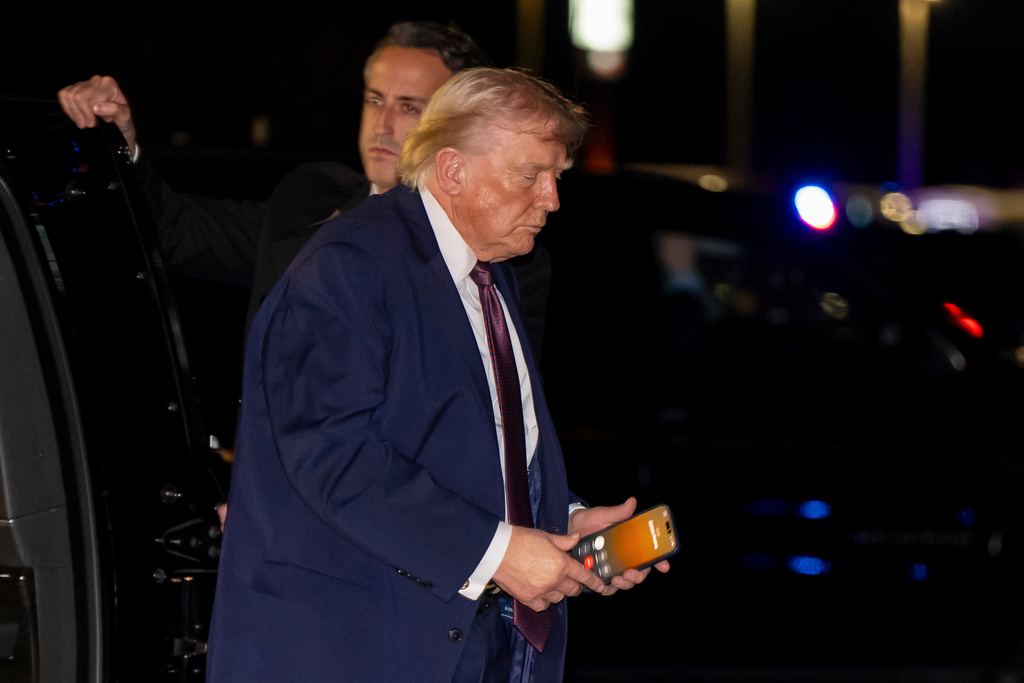The World Health Organization announced on Saturday a British drug company is fast-tracking an experimental Ebola vaccine. It's set to go through clinical testing as early as next month and be ready for use in early 2015.
British pharmaceutical company GlaxoSmithKline is working with the U.S. National Institute of Allergy and Infectious Diseases to create a preventative vaccine to try and thwart the worst Ebola outbreak in history. (Video via Arirang)
CBS reports the experimental vaccine has worked on monkeys and is set for to be tried out on humans this fall. One health official said, if tests are successful, "by January we should be able to scale up in its production."
Currently, there is no known cure for the deadly virus, and it's killed nearly 1,000 people during this latest outbreak in West Africa.
WHO declared the epidemic a public health emergency last Friday. As the death toll continues to mount, health officials are searching for ways to contain the massive outbreak. (Video via ABC)
The chairman of the Department of Preventive Medicine at Vanderbilt Medical Center told The Wall Street Journal Ebola's spread has a lot to do with population density.
VANDERBILT MEDICAL CENTER'S DR. WILLIAM SCHAFFNER: "Previous outbreaks of Ebola occurred in remote villages. ... But it's now gotten into larger urban areas and it's much more difficult to contain."
Still, 2015 seems like a long time to wait for a vaccine to be used in an outbreak that has already killed so many. So what's the hang-up?
One bioethics professor tells CBC the scientists first need to know if there'll be any potential side effects.
"You need to know, for instance, whether a couple of months or maybe a half of year or a year down the track there are suddenly serious side effects. ... If you think about giving something to large number of people you have to be really sure about what it will do eventually."
WHO's announcement comes a week after an two American workers in Liberia showed significant improvement when given a dose of a so-called "secret serum" developed by MAPP Pharmaceutical.
CNN speculated those two cases fell under the FDA's "compassionate use" regulation which allows drugs to by-pass normal clinical trials.
The results prompted Nigeria to ask for some of the experimental serum, but the United States denied the request. A CDC spokesperson said "there are virtually no doses available."
This video contains images from Getty Images.











